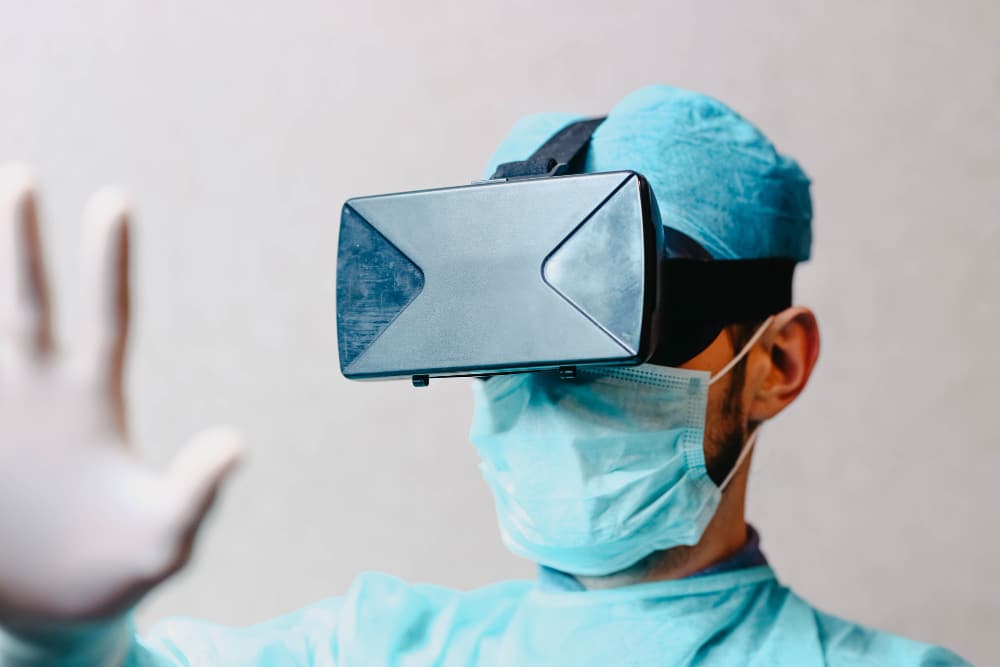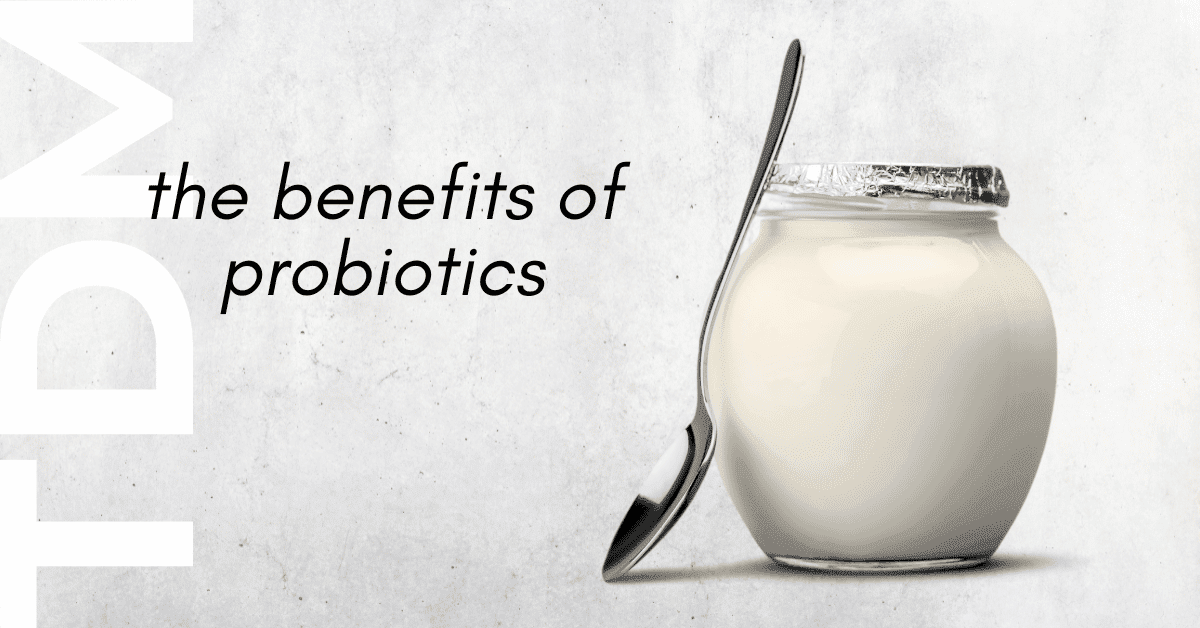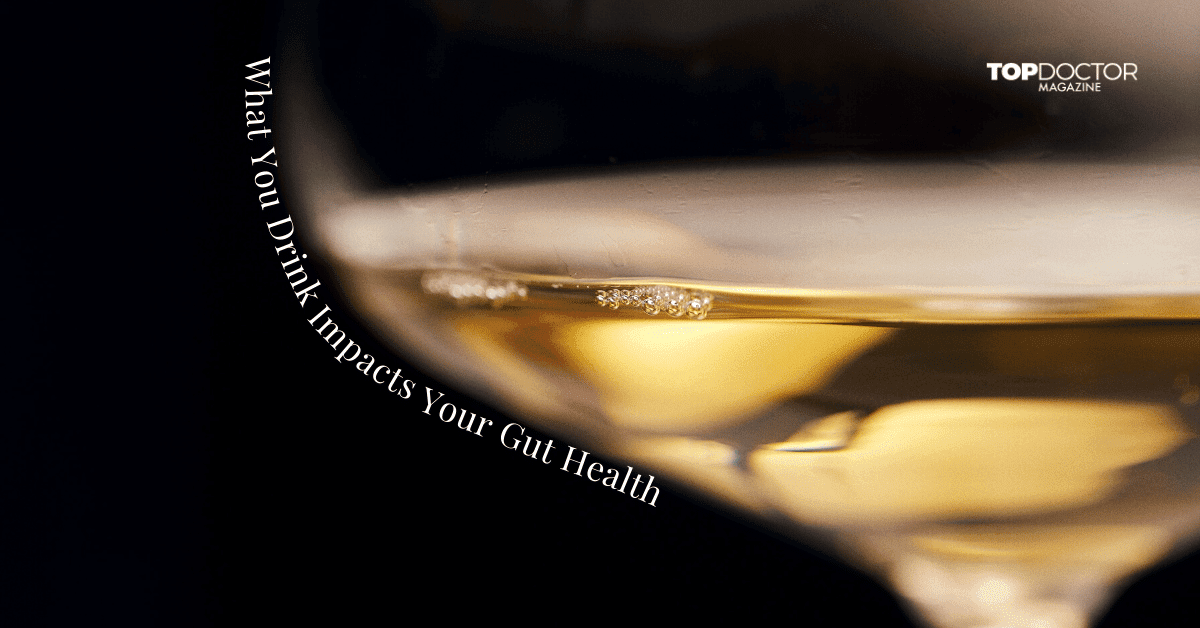There are a myriad of signs that your gut is unhealthy. Here are a few of the most common and recognizable symptoms:
Lifestyle
Learn how other Doctors are staying clinically prepared, growing their practices,
and providing care for their patients during these unprecedented times.
Lifestyle
The Benefits of Probiotics
The benefits of probiotics are vast. They help improve your gut health, they can be used in the treatment or prevention of allergies and ulcers and they also play a role in the production of specific vitamins like Vitamin K2. Probiotics can even be used to treat irritable bowel syndrome (IBS). But what exactly are probiotics, and what do they really do for you
How Does the Gut Affect the Brain?
The brain and spine constitute the central nervous system (CNS) and are the body’s control center for nearly all daily tasks. However, as scientists study the relationship between the gut and the brain, it’s becoming increasingly clear that the CNS is not the only controlling factor in digestion and emotions.
What You Drink Impacts Your Gut Health
Anyone who drinks coffee on a semi-regular basis is likely to be subject to a barrage of well-meaning warnings centered around the adverse effects of coffee. It may cause dependency, stain your teeth, heighten anxiety, etc. Here’s one not often mentioned: coffee impacts gut health
Foods to Improve Gut Health
It is vital to keep your gut healthy. Your gut is an integral part of your digestion because it releases vitamins, and the good bacteria produced in your gut prevents harmful bacteria from forming in your body. In fact, your gut contains about 70% of your immune system. Since the foods you eat have a massive impact on the bacteria produced in your gut, you must eat foods that create the good bacteria necessary for digestion.
Why Diets Don’t Work for Everyone
One study found that 95% of people who lose weight on diets gain the weight back within one to five years when they return to their everyday lifestyles. So, what makes diets so ineffective?
The Surprising Health Benefits of Walking
The good news is that walking can provide a surprising array of health benefits, and it’s one of the easiest exercises to add to your daily routine!
How Mindfulness Helps with Addiction
While mindfulness may sound like a vague concept to some, the science is clear that mindfulness can be a crucial tool to successfully battling addiction.
The Art of Making Time to Do Nothing
Here are some ways you can start putting your alone time first today;
A Higher Intake of Whole Grain Could Reduce Cardiovascular Problems
Recent research indicates that people who eat more whole grains have a reduced risk of cardiovascular disease. Read on if you’d like to find out how such a small dietary change can lead to a better quality of life!
Top Heart-Healthy Foods
Whether you’re looking for something to munch on while watching television, or hoping for something more substantial, here’s a list of the top heart-healthy foods and their benefits.
Alcohol & Heart Health: How Much Does It Actually Affect Your Heart?
Alcohol consumption is typical in our society. Indeed, most people consume at least a little alcohol throughout the year, especially around the holidays and special events and celebrations. However, are the health benefits of alcohol just an urban myth, or are they based on science?

The Medical Metaverse: Useful Data and Simulations for Medicine in the Palm of Your Hand
Augmented reality and the metaverse is no longer just for video games and social media. These two technologies are being applied to the medical field to completely revise how patients and providers interact with and experience medicine. This new ‘medical metaverse’ will deliver an immense amount of valuable data into the palm of your hand!

The Emerging Field of Regenerative Medicine: Part 2, Extracellular Vesicles, Exosomes and Signaling
In part two, I aim to bring transparency to the subject of exosomes, extracellular vesicles, nanoparticles and signaling modalities currently being utilized in regenerative medicine as an alternative to cellular therapy.

Doctor-Patient Relationships and the Practice of Neurology: An Interview with Dr. Andrea Abousamra
Dr. Abousamra is a neurologist at the Michigan Institute for Neurologic Disorders (MIND), where her work focuses on headaches, epilepsy, multiple sclerosis and dementia. MIND is a premier provider of neurological care for diagnosing, treating and managing disorders of the brain, spine and nervous system.














